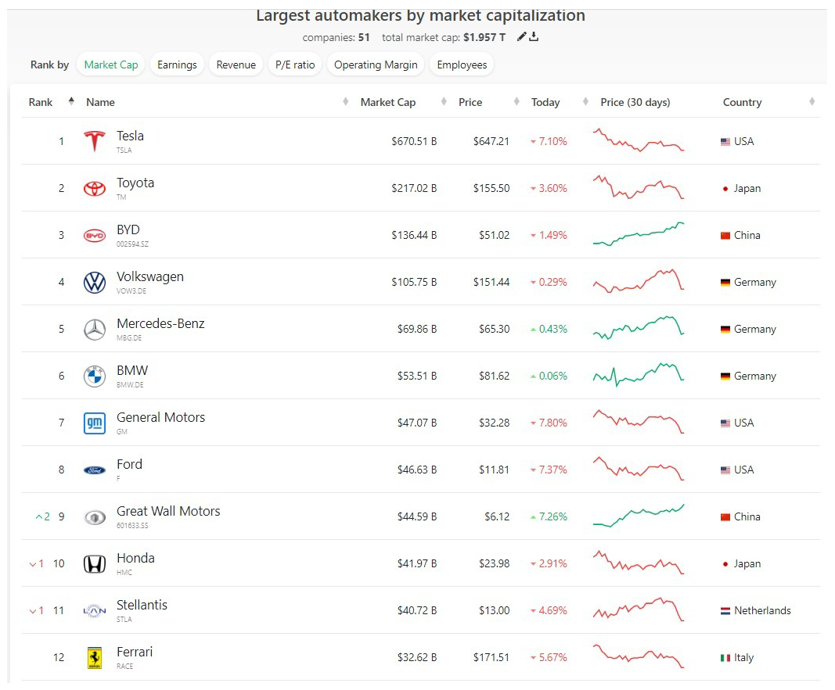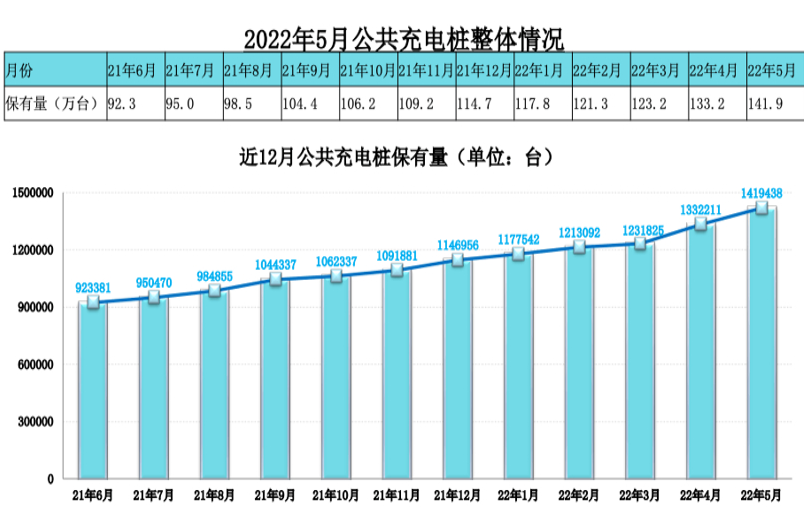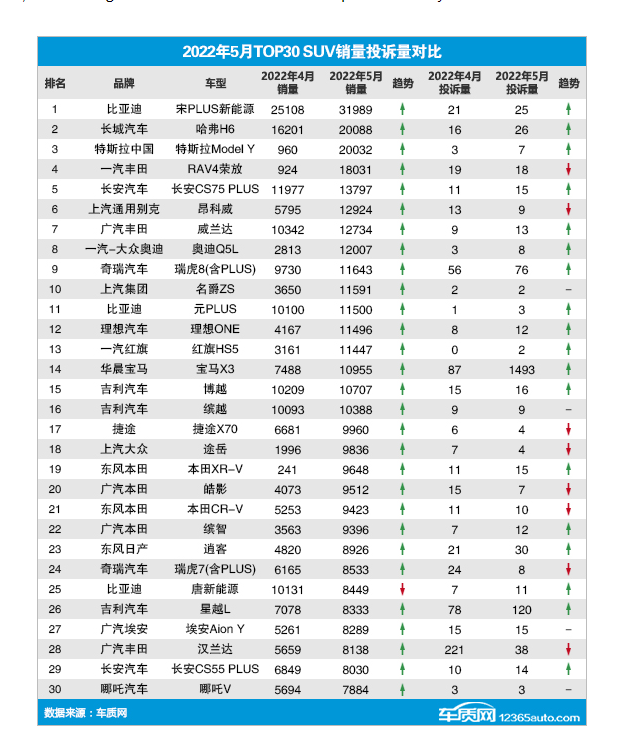Your location:Home >Automotive News >
Time:2022-06-15 12:23:59Source:
According to foreign media reports, the British government has cancelled thepolicy of the 1,500-pound subsidy (PiCG) forelectric vehicles .The decision, which takes effect immediately, means the UK's electric vehicle subsidy scheme, which began in 2011, officially ends.

Image source: Land Rover official website
The UK government revealed that "the success of the UK's electric car revolution" was one of the reasons for the decision, saying its EV subsidy scheme helped UK sales of pure electric vehicles rise from 1,000 in 2011 to more than 100,000 by the end of this year. In five months, nearly 100,000 pure electric vehicles were sold in the UK.Since its implementation, the PiCG policy has been applied to more than 500,000 electric vehicles, with a total investment of over £1.4 billion.
The UK government has been cutting funding to the PiCG policy in recent years, fueling speculation that the policy is about to end.Earlier, the UK government had promised that the subsidy policy would continue until the 2022/2023 financial year.
Six months ago, the policy’s maximum subsidy limit was reduced from £2,500 to £1,500, and the maximum selling price of an eligible car was reduced from £35,000 to £32,000, making only the most affordable electric cars on the market eligible. PiCG Policy.The UK government said the number of EVs below that price has risen from 15 last year to 24 now, as carmakers roll out cheaper entry-level EVs.
“The government has always made it clear that the subsidies for electric vehicles are only temporary and have previously been confirmed to last until the 2022-2023 financial year. The continuous reduction in the size of the subsidies and the range of models covered willhave little impact on the fast-growing electricvehicle sales.” UK government "In light of this, the government will now refocus funding on the main issues of EV transition, including expanding the EV charging point network, and supporting the electrification of other road vehicles, the transition to EVs needs to be further driven. "
The UK government has pledged £300m in funding to replace the PiCG policy, providing incentives for electric taxis, motorcycles, vans, trucks and more.
The UK government also claims that the reduced running costs of EVs "tends to exceed" the £1,500 subsidy compared to conventional combustion engine cars, noting that EVs will continue to enjoy zero road tax (VED) and benefit from reduced company cars tax rate.
Transport Secretary Trudy Harrison said: “The government has continued to spend a record amount in the transition to electric vehicles, investing £2.5bn since 2020 and setting an ambitious date for phasing out all-new petrol vehicles. However, If the transition toelectrificationis to continue, government money must always be invested where it will have the greatest impact. Having successfully launched the EV market, we now hope to use the subsidy savings saved to help other vehicle types such as taxis, delivery vans, etc. Easy transition to zero-emission mobility.”
Statement: the article only represents the views of the original author and does not represent the position of this website; If there is infringement or violation, you can directly feed back to this website, and we will modify or delete it.
Preferredproduct
Picture and textrecommendation

2022-06-15 12:23:59



2022-06-15 12:17:33


2022-06-15 12:11:36
Hot spotsranking
Wonderfularticles

2022-06-14 10:21:19

2022-06-14 10:20:40

2022-06-14 10:19:23

2022-06-14 10:18:36

2022-06-14 10:18:07

2022-06-14 10:17:11
Popularrecommendations
